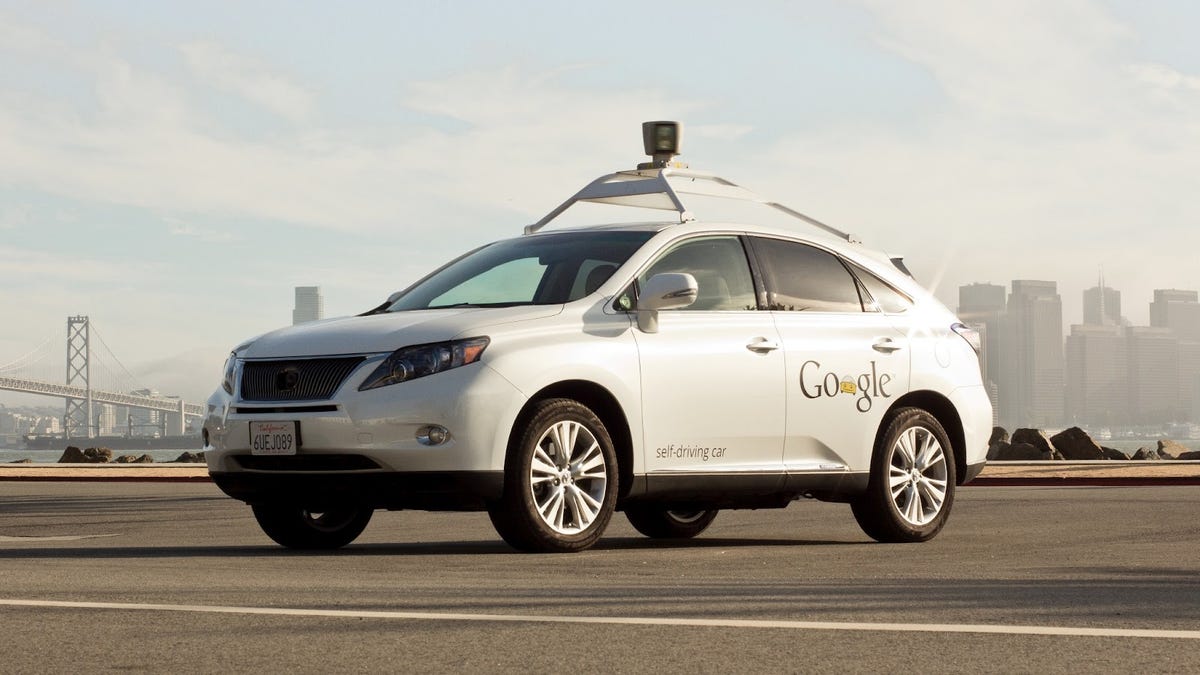Drivers can't wait to treat self-driving cars like garbage
According to a new study, aggressive drivers view self-driving cars as easier to bully.

If you asked a person why he or she was excited for self-driving cars, you might not expect the answer to be, "So I can be a dick to robots." But that's apparently the reason aggressive drivers are excited for our autonomous revolution.
According to a new study from Goodyear and the London School of Economics, aggressive drivers are looking forward to self-driving cars because they can be "bullied" into making way for all the jerks on the road. In essence, they'll be more milquetoast than their human-driven brethren.
The study, which polled 12,000 drivers in 11 countries and also included dozens of focus groups, also pointed out that more timid drivers are less excited for self-driving cars but should be more open to letting self-driving cars merge in. Adoption is going to take time to win people over -- 55 percent of UK drivers polled are still uncomfortable with the idea of autonomous vehicles on public roads.
Self-driving cars are designed to avoid accidents, part of which involves giving a more aggressive driver the right of way instead of battling it out until a fender-bender happens. In fact, Google ended up accepting blame for an accident after its self-driving car wrongfully assumed that a bus would give it the right of way during a merge (it didn't).
Google's done its best to program human behavior into its cars, but not every situation has been accounted for yet, and attempting to span the gamut of human behavior could take decades of on-road machine learning. Likely, the vehicles will be programmed to let the jerks move past unimpeded, which is what most humans do already.
All we need now is to program self-driving cars to honk cattishly at that aggressive driver once he or she's been pulled over up the road. Will self-driving cars understand the joy of schadenfreude?

